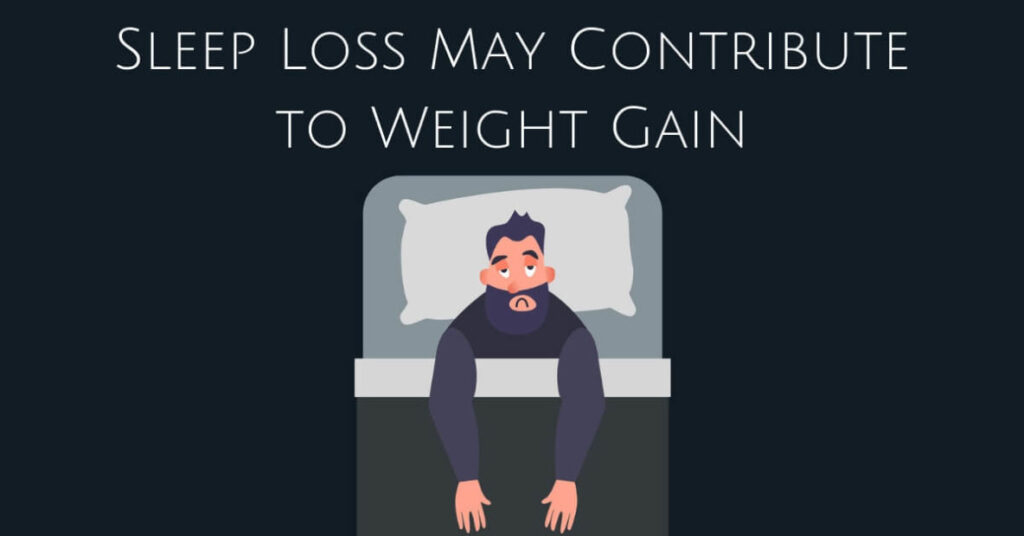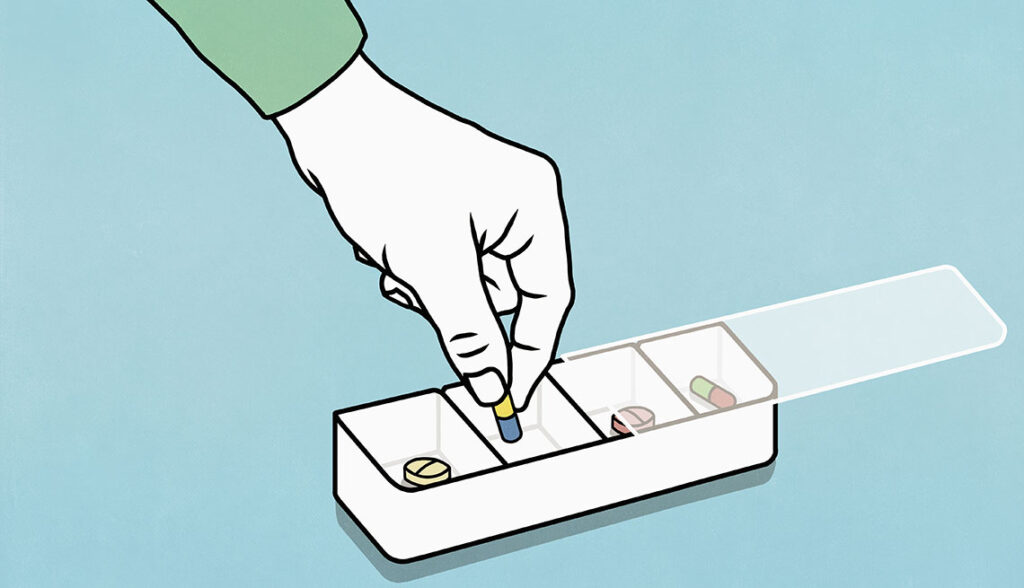Health is wealth (Small Changes, Lifelong Impact)

The hidden dangers of obesity. One further significant issue facing this world is obesity. A frequent definition of obesity is having too much body mass. An adult’s BMI of 30 or over is typically considered obese. Severe (formerly “morbid”) obesity is defined as having a BMI of 40 or above.
Millions of individuals worldwide, spanning all age groups, geographical locations, and socioeconomic backgrounds, are impacted by obesity, which has emerged as a serious health concern.
Over the past few decades, there has been a sharp increase in the prevalence of obesity, which has led to a global epidemic with serious consequences for economies, public health, and quality of life.
It is quite dangerous to have a hanging belly. It can lead to a plethora of issues for the body. It alters the body’s normal posture and places additional strain on the lower back, raising the risk of lower back ailments. especially for those who struggle with obesity or being overweight.
One in eight people worldwide suffered from obesity in 2022.
Since 1990, the global rate of adult obesity has more than doubled, while the rate of teenage obesity has quadrupled.
2.5 billion adults (18 years of age and above) were overweight in 2022. 890 million of them were obese at the time.
In 2022, 16% of adults over the age of 18 were obese, and 43% of overweight people. 37 million kids under the age of five were overweight in 2022.
In 2022, there were approximately 390 million overweight children and adolescents (5–19 years old), 160 million of them were obese.
Overweight is a condition of excessive fat deposits.
Obesity is a chronic complex disease defined by excessive fat deposits that can impair health. Obesity can lead to increased risk of type 2 diabetes and heart disease, it can affect bone health and reproduction, it increases the risk of certain cancers. Obesity influences the quality of living, such as sleeping or moving.
While obesity is a global issue, its prevalence varies by region. High-income countries like the United States, Canada, and the United Kingdom have some of the highest obesity rates, but low- and middle-income countries are experiencing rapid increases as well, particularly in urban areas.
By adhering to a few easy routines, obesity can be permanently avoided. Overeating can be permanently reduced as a habit. However, we examine it from a different angle: how is obesity caused?
How obesity born?

Being obese is akin to having an insatiable craving for more. however, the manner in which it occurs. All of it is connected, though. Obesity and weight growth are two distinct concepts.
Gaining weight is similar to gaining more mass through the consumption of additional bread, and obesity is a result of unfair eating habits that lead to an excess of mass in the human body.
One of the in-depth studies on this subject is mine. Emotions are the primary cause of it. Emotions and what we eat are intertwined. It can produce various patterns if it lacks mental control.
How does this habit come about?
This is the world; it is neither good nor cruel, it has too many imperfections. It is difficult to keep up with the pace due to daily factors and lifestyles. Based on my observations, I believe that body language issues or a lack of appreciation are the root causes of obesity. Which puts the person into state of boredome. There seems to be a communication breakdown between people.
It’s the manner in which one pronounces and comprehends the character of the other that, in my opinion, is lacking in the majority of cases.
Obesity has several causes, including It is possible to regulate obesity; it is not uncontrollable.
There are millions of external factors that might lead to obesity. A person needs simply motivation to address their weight. This is the section where he is running late.
the hidden dangers of obesity
Sense of living
Obesity may be largely caused by not having a true sense of purpose in life. I noticed that young people wanted to go farther and that people are more picky about who they care for. it is advantageous. I mean, it’s only one life.
Words
One contributing element could be language. It can cause disruptions to speak inappropriately. Whether social, in any workplace, community, or educational setting. Speaking with a positive demeanor might influence others’ mental health. Rather than pushing people into obesity, it encourages them to make some changes in their lives.
Negative stuff
Living in a bad environment is the most important aspect as well. Obesity can arise from a supportive and well-taught setting. Environment has a big impact on physical health.
Lack of motivation
Drive is essential in any career. It’s a motivation that keeps people focused on their objectives. It exists in the world. If people begin to motivate rather than demotivate. After that, half of the issue is resolved. It’s easy.
Causes of obesity
Obesity is having a growing impact on adult health globally by fueling the emergence of chronic illnesses like heart disease, type 2 diabetes, hypertension, and several malignancies.
Modern lifestyles marked by high processed food intake, greater portion sizes, and sedentary behavior due to increased screen time and decreased physical exercise are the main causes of the rise in obesity.
Obesity rates and related health issues are steadily rising as a result of the development of urbanization and globalization, bad eating patterns, and a lack of exercise.
Dietary habits

High-calorie, low-nutrient foods: Eating processed foods, fast food, sweetened beverages, and high-calorie, low-nutrient snacks makes a big difference in weight gain and obesity.
Portion Sizes: Consuming more calories is a result of growing portion sizes throughout time, particularly in fast food and restaurant establishments.
Frequent Eating Out: Eating out frequently, particularly at fast-food establishments, is linked to consuming more calories and fat, which exacerbates obesity.
the hidden dangers of obesity
Levels of physical activity

Sedentary Lifestyle: The risk of obesity is greatly increased by a lack of physical exercise, which is frequently brought on by sedentary work, extended screen time, and a general lack of mobility.
Urbanization: Living in an urban area frequently entails spending less time exercising and more time traveling. Cities lacking in green spaces, pedestrian walkways, or leisure zones discourage people from exercising.
Technological Advancements: People are using vehicles, elevators, and labor-saving equipment more frequently, which is reducing their daily physical activity.

Loose upto 4 kg a month
Dezna Double Spring Waist Tummy Trimmer-Abs Exerciser-Body Toner-Fat Buster- Multipurpose Fitness Equipment for Men and Women Black
M.R.P.: ₹899.00
-56% off ₹399
Socio-economic factors

Income Levels: Individuals with lower incomes may be more likely to rely on less expensive, high-calorie processed foods and may have less access to wholesome foods like fresh fruits and vegetables.
Education: Poorer food decisions and a lesser understanding of the value of physical activity are linked to lower levels of education and can result in obesity.
Food deserts: Certain places, especially impoverished districts, have limited availability to reasonably priced and nutrient-dense food, which increases the intake of unhealthy foods.
Environmental factors

Food Environment: Unhealthy eating choices, such as those found in fast-food restaurants and convenience stores, are promoted and easily accessible in the community, which leads to poor eating habits and obesity.
Built Environment: Communities that are not conducive to walking or bicycling and have restricted access to recreational amenities are less likely to promote physical activity.
Advertising: Harsh promotion of unhealthy foods, especially to kids, can affect eating patterns and result in weight gain.
the hidden dangers of obesity
Biology and genetics

Genetic Predisposition: Some people are predisposed genetically to acquiring weight more quickly. Genetics can affect how the body burns calories, controls hunger, and stores fat.
Metabolic Rate: People who have slower metabolisms tend to burn fewer calories when at rest, which can lead to weight gain.
Hormonal Factors: Insulin and leptin are two hormones that affect hunger and fat storage. Hormonal imbalances can cause an increase in hunger and the storage of fat.
Psychological elements

Emotional Eating: Eating is a common coping mechanism for stress, worry, despair, or boredom, which can result in overindulging and weight gain.
Body Image Problems: Unhealthy eating habits and additional weight gain can be caused by low self-esteem and a negative perception of one’s body.
Mental health: Disorders like anxiety and depression can alter eating and activity levels, which may be a factor in the rise in obesity.
Social and cultural factors

Cultural Norms: Overeating may be normalized or even encouraged in certain societies where greater body sizes are linked to wealth, health, and beauty.
Social Circles: Eating and exercise habits are influenced by social networks. Being obese can be more likely if one lives in a town or social group where obesity is prevalent.
Family Habits: Eating habits within the family, such as mealtime routines, dietary preferences, and attitudes toward physical exercise, are important factors in the development of obesity, particularly in children.
the hidden dangers of obesity
Life stages and occurences

Pregnancy: If postpartum weight gain is not controlled, it can cause long-term obesity in women.
Aging: As people get older, their metabolism slows down and their muscle mass declines, which makes gaining weight easier and losing it more difficult.
Menopause: Weight gain, especially around the abdomen, might result from hormonal changes that occur during menopause.
Rest and sleep

Sleep Deprivation: Insufficient sleep can cause hormonal imbalances that heighten desires for high-calorie foods and increase appetite, which can result in weight gain.
Sleep Disorders: Disrupted sleep patterns brought on by conditions like sleep apnea, which is frequently linked to obesity, can make weight gain even more severe.
Drugs and health issues

Medication: Gaining weight is a possible side effect of many drugs, including corticosteroids, antipsychotics, and antidepressants.
Medical problems: Obesity and difficulties managing weight can result from a number of medical problems, including hypothyroidism and polycystic ovarian syndrome (PCOS).
the hidden dangers of obesity
How to reduce obesity?

nutritious diet
Healthy fats, lean proteins, whole grains, fruits, and vegetables should all be included in a balanced diet. Steer clear of processed foods, sweetened beverages, and high-calorie snacks.
Portion Control: To avoid overindulging, pay attention to portion sizes. Controlling hunger and avoiding binge eating can be achieved by eating smaller, more frequent meals.
Hydration: Throughout the day, sip a lot of water. Sometimes people confuse thirst for hunger, which results in overindulging in calories.
frequent workout
Cardiovascular Exercises: Get at least 150 minutes a week of activity, such as jogging, cycling, swimming, or walking. Engaging in these activities can enhance heart health and burn calories.
Strength Training: To build muscle mass, which boosts metabolism and aids in weight management, incorporate resistance activities like weight lifting or bodyweight exercises (such as squats and push-ups) two to three times a week.
Consistency: Include exercise on a daily basis in your schedule. Walking on breaks or using the stairs are two minor examples of physical activity that can help with weight loss.
modifications in behaviour
Eating mindfully involves eating deliberately, observing when you are hungry and full, and avoiding electronic devices like TVs and cellphones when you are eating.
Establish sensible objectives: Make realistic weight loss goals and monitor your development. Rapid weight loss is not as durable as gradual weight loss, 1-2 pounds per week.
Stress management: Including stress-relieving hobbies like yoga, meditation, or deep breathing techniques might be helpful because stress can trigger emotional eating.
assistance and responsibility
Seek Professional Assistance: Getting advice and support from a dietician, nutritionist, or personal trainer can be very beneficial.
Social Support: To stay accountable and motivated during your weight loss journey, enlist the aid of friends, family, or support groups.
Behavioral Therapy: This type of treatment may be able to assist certain individuals in addressing the psychological and emotional aspects that lead to obesity.
the hidden dangers of obesity
Medical interventions drugs
As part of a comprehensive weight loss approach, doctors may prescribe weight-loss drugs in certain situations.
Surgery: When all other options have been exhausted for a severely obese person, bariatric surgery may be explored; however, it should be used cautiously and under a doctor’s supervision.
Changes in the environment and policies
Establish a Healthful Environment Make it easier to access healthier foods at work, home, and in the classroom. Restrict the availability of foods high in calories but low in nutrients.
Support for Policy: Support laws that encourage a healthy diet and regular exercise, such as those that impose taxes on sugar-filled beverages, enhance food labels, and expand the availability of public areas for exercise.
A holistic strategy that incorporates regular exercise, a nutritious diet, and behavioral modifications can help people reduce obesity and enhance their general health.